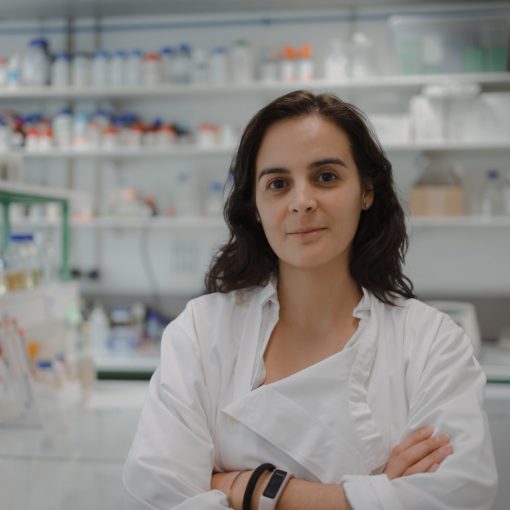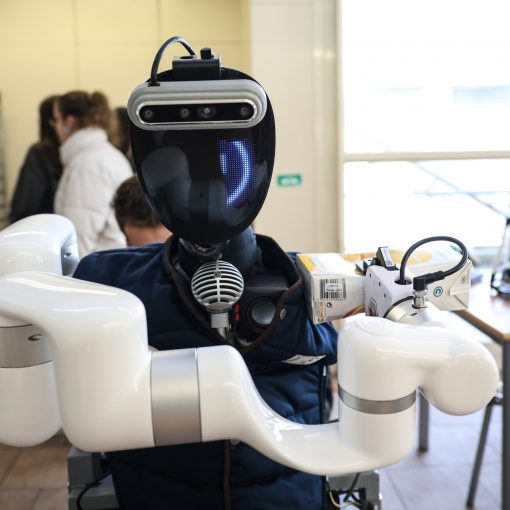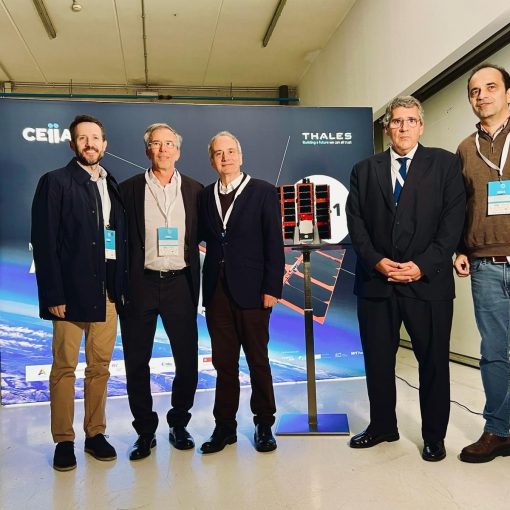ARCAS digital tool is being created by several European partners and, in Portugal, it will be tested in Braga
The School of Engineering of the University of Minho (EEUM) and five European partners are creating a model to make social housing sustainable and energy efficient. The project is called ARCAS and has until 2023 1.3 million euros from the Interreg Sudoe/FEDER programme. The next meeting of the consortium is 14 and 15 October at UMinho, in Guimarães.
“We want to help national, regional and local governments in the energy rehabilitation of social neighbourhoods and collective housing buildings, by creating a tool with key indicators and the best available techniques that allow maximising energy architecture, thus promoting efficiency, air quality and social well-being,” explains Manuela Almeida, professor at the EEUM Civil Engineering Department and researcher at the Institute for Sustainability and Innovation in Engineering Structures (ISISE).
The tool will bring together assessment and design methodologies, valuing the rehabilitation of urban areas and renewable energies. The intention is to be applicable and reproducible by public administrations, builders and professional associations, among others. Its use is particularly aimed at south-western Europe, which has a Mediterranean climate, but it is not excluded that it could be adapted to other contexts. ARCAS is part of the EU’s policies to combat energy poverty, which affects various regions and population groups.
This project is coordinated by the Fundación de Estudios sobre la Edificación de Asturias, in Spain, also including from that country the Government of Cantabria, the University of the Basque Country, as well as the University of La Rochelle and the Technological and Innovative Platform for Environmental Efficiency, both in France, besides UMinho. Braga City Council (with the Andorinhas, Enguardas and Santa Tecla neighbourhoods) is among the associated partners, along with entities from the neighbouring country such as the Ministry of Ecological Transition, the Ministry of Transportation and Urban Agenda, the General Directorate of Housing of Asturias, the Xunta da Galicia, municipalities or professional associations of architecture and construction and, on the French side, the Intermunicipal Community and the Office of Public Housing of La Rochelle.
The consortium has already completed half of the project’s implementation period and is moving forward with the development of the digital tool ARCAS to support the rehabilitation of social housing buildings, focusing on energy savings and air quality. This multidisciplinary initiative seeks to take advantage of existing buildings to find new alternatives and solutions to some problems caused by climate change and energy poverty. The tool relies on machine learning technologies to diagnose the initial state of the building and propose new medium and long-term improvement strategies to be implemented in the rehabilitation phase.
+ info: http://www.arcassudoe.eu/






